Stop war? Impossible! There is no cure for the world's disease
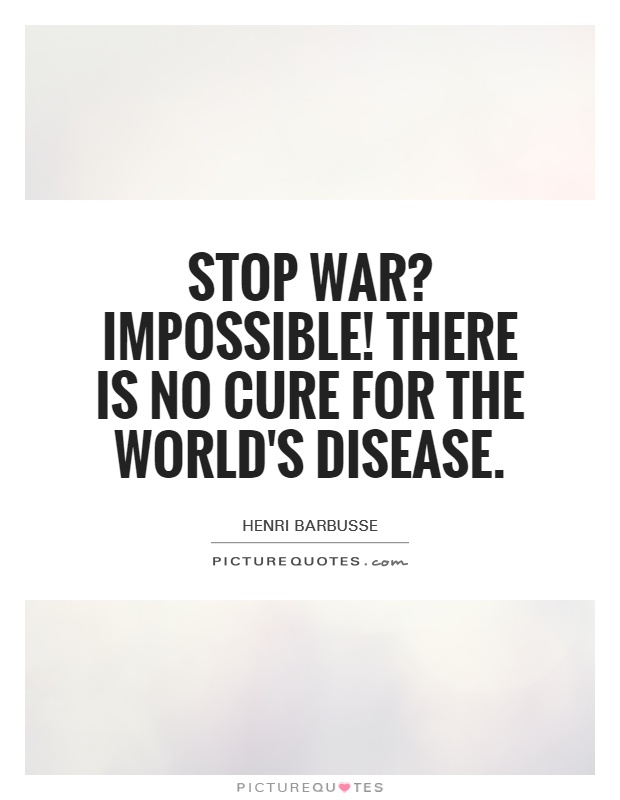
Stop war? Impossible! There is no cure for the world's disease
Henri Barbusse was a French writer and journalist known for his anti-war sentiments and his powerful depictions of the horrors of war. In his novel "Under Fire," Barbusse vividly portrays the brutal reality of World War I through the eyes of a group of French soldiers. His work is a stark reminder of the senseless violence and destruction that war brings, and the toll it takes on both the soldiers who fight and the civilians caught in the crossfire.Barbusse's belief that war is a disease that plagues humanity is a central theme in his writing. He saw war as a destructive force that tears apart societies, destroys lives, and perpetuates a cycle of violence and suffering. In his view, the only way to stop war is to address the root causes of conflict and work towards building a more peaceful and just world.
However, Barbusse was also a realist who understood the complexities of international relations and the deep-seated nature of human conflict. He recognized that the forces driving war – greed, power, nationalism, and fear – are deeply ingrained in human nature and are not easily overcome. In his view, the eradication of war would require a fundamental shift in human consciousness and a commitment to building a more compassionate and empathetic society.
Barbusse's pessimism about the possibility of ending war is reflected in his statement that "Stop war? Impossible! There is no cure for the world's disease." He believed that as long as human beings continue to prioritize their own interests over the well-being of others, war will remain a constant threat. Despite his bleak outlook, Barbusse remained committed to speaking out against war and advocating for peace through his writing and activism.
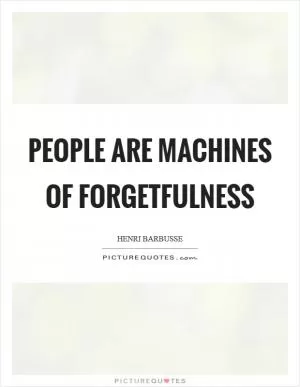
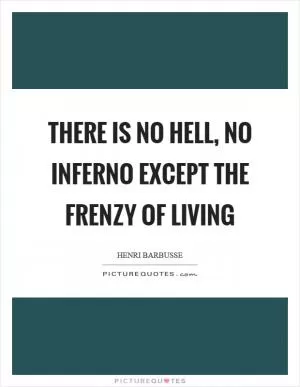
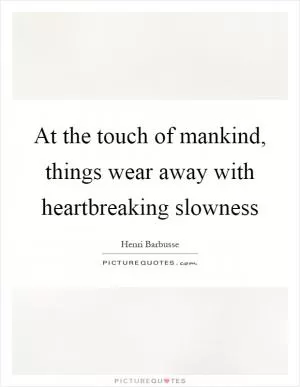
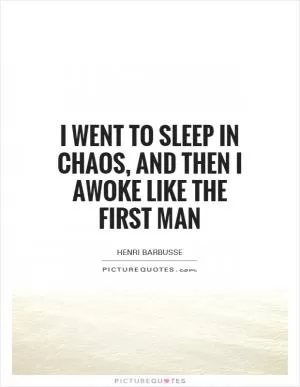
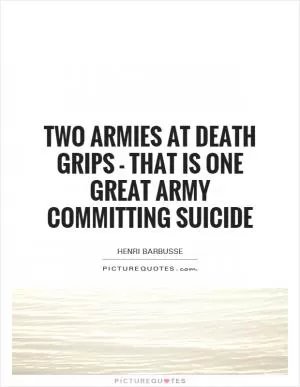
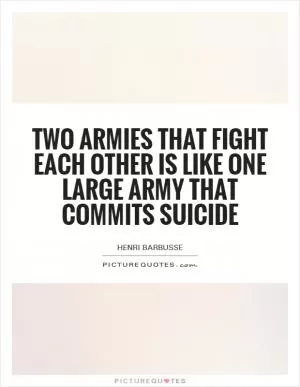

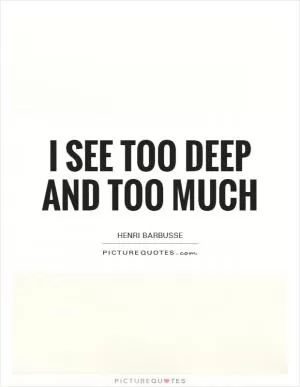
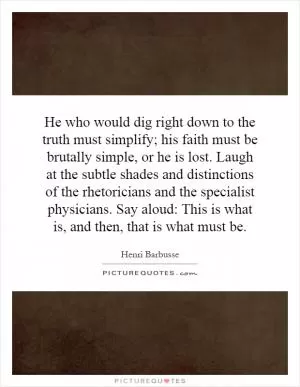

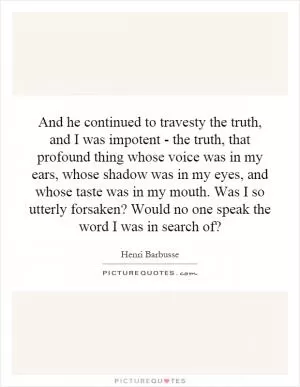
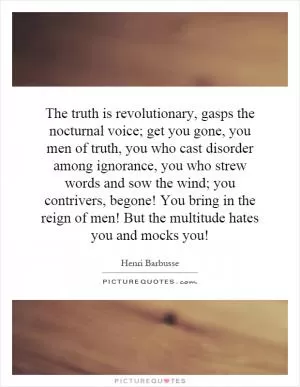
 Friendship Quotes
Friendship Quotes Love Quotes
Love Quotes Life Quotes
Life Quotes Funny Quotes
Funny Quotes Motivational Quotes
Motivational Quotes Inspirational Quotes
Inspirational Quotes